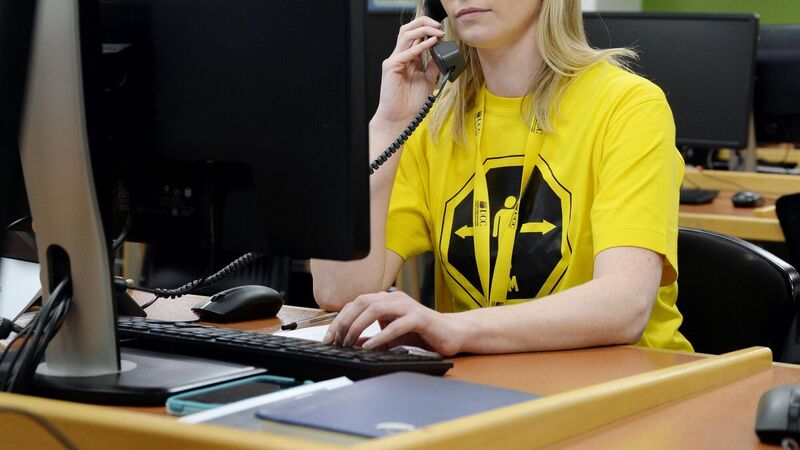Covid-19 tracer numbers to drop 66% despite virus resurgence

Overall the contract tracers feel the decision to reduce numbers could limit Ireland’s ability to fight further waves of infection. File picture: Denis Minihane
Despite the resurgence of Covid-19 cases, there will be just 146 contact tracers working in the country from July, based in Cork and Dublin, the HSE has confirmed.
This comes as some of the almost 500 contact tracers currently working for the HSE say they are “angry and concerned” at the proposed downsizing as they watch infection numbers rise across their screens.










